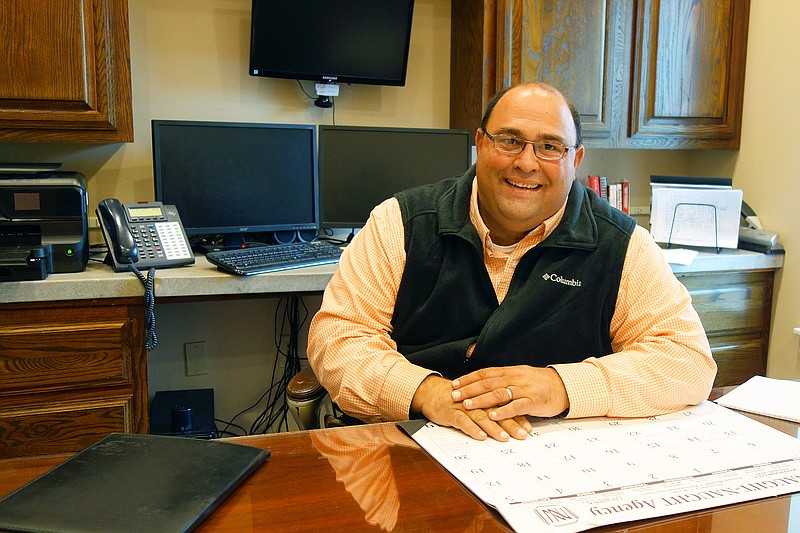The Fulton Housing Authority's five-year plan focuses on decreasing utility costs in its units.
FHA Executive Director Chris Garrett led a public hearing Friday on the five-year and annual plans, both of which go into effect Wednesday and will be submitted to the U.S. Department of Housing and Urban Development. Only two people attended the hearing.
"(The documents have) been posted online for 45 days, and are available here at the office," Garrett said.
On the whole, few major changes are planned within the Housing Authority within the next year, according to the annual plan. The annual plan notes the FHA has no plans to demolish any buildings in the coming year, modernize vacant units or carry out any capital grant programs.
However, according to the five-year plan, some updates are in the works, especially for one-bedroom units.
Based on HUD data, applicants on the wait-list and current residents, Fulton is currently experiencing a high demand for those units, the FHA wrote in its plan. Those seeking one-bedroom units include the elderly, disabled, single moms and young families.
High utilities bills and past utility debt can be an obstacle to those families, the FHA said.
"Housing needs have remained high during the past year," the FHA wrote in its five-year plan. "Significant increases in utility costs make it more difficult for low-income households to secure and maintain their housing. Poor energy saving measures puts families at financial risk often leading to unpaid utility bills and loss of housing."
Over the next five years, the FHA plans to continue upgrading units with energy-efficient products and working with residents to get utility assistance when needed. They also plan to focus on moving new tenants into available one-bedroom units as rapidly as possible.
"FHA is dedicated to doing weather-stripping around doors, replacement of windows and/or sealing windows (and) upgrading hot-water heaters to Energy Star (rated products)," the housing authority wrote.
The FHA also lays out a number of other goals in its five-year plan, including:
Responsibly investing capital funds to retrofit and upgrade existing housing.
Expanding the inventory of affordable housing (in terms of units and housing assistance).
Engaging in a board-led strategic planning process.
Expanding employment and educational opportunities by increasing vendor and resident participation in Section 3.
Other goals are mentioned in the annual and five-year plans. For example, the FHA plans to increase the standard payment for Section 8 vouchers to levels between 95 and 100 percent of fair market rates. It also plans on:
Continuing to enforce Violence Against Women Act protections and "one-strike" policies for residents and applicants.
Improving resident participation through resident council and advisory committee meetings (the FHA's five-year plan was not commented on by a resident advisory board).
Keeping public housing neighborhoods attractive and crime-free, and responding quickly to resident maintenance issues.
The goal section also mentions maintaining the housing authority's financial stability through "aggressive rent collection." The FHA plans on applying to join the Missouri Department of Revenue's "Debt Offset Program." The program helps agencies such as the FHA collect outstanding debts, including unpaid rent, by subtracting the money from the debtor's tax refunds.

